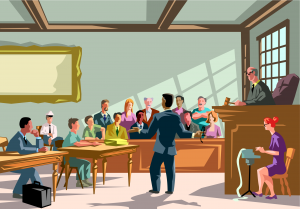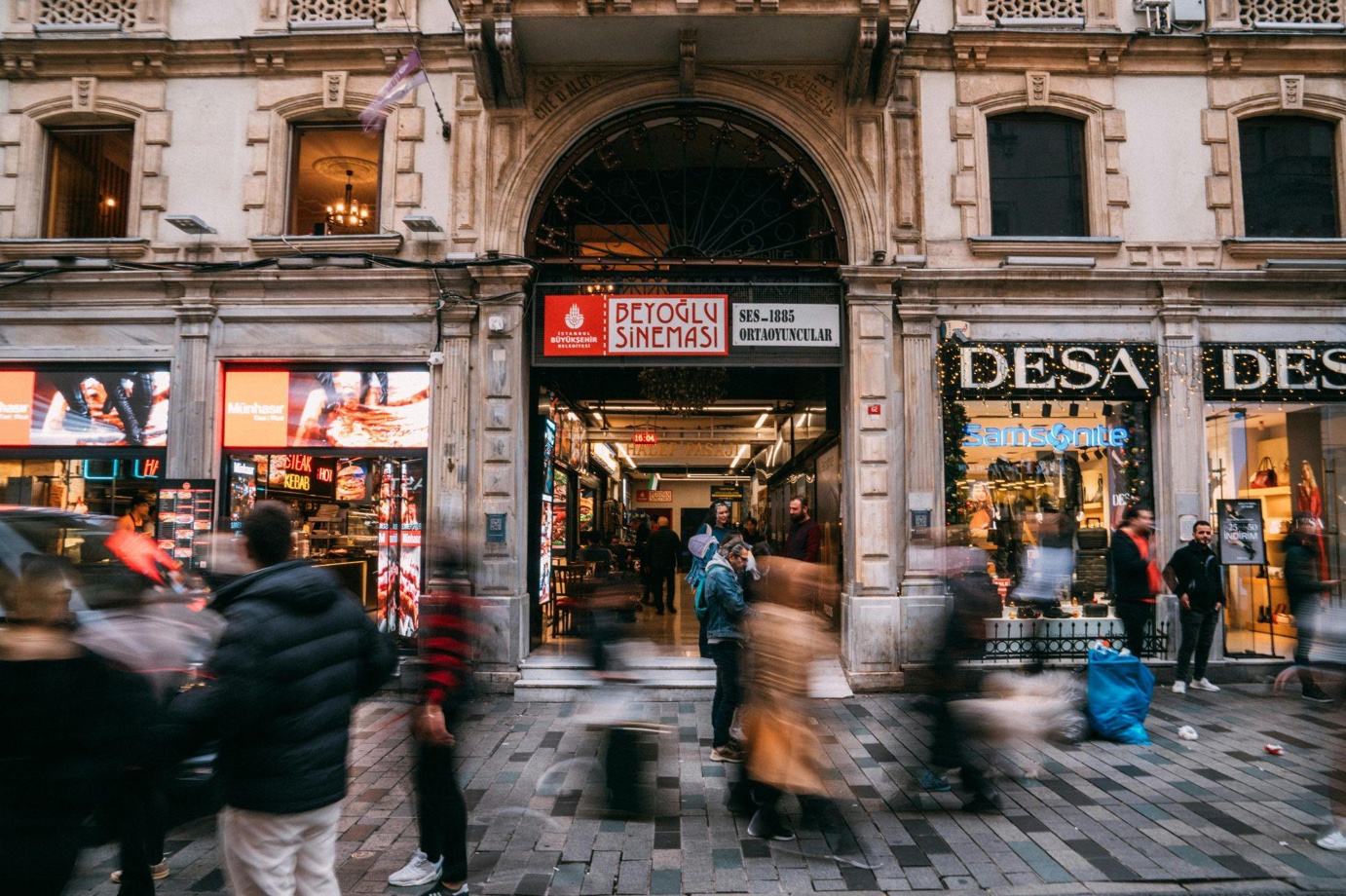While premises liability and personal liability share similarities, they address different aspects of legal responsibility.
When it comes to legal matters surrounding injuries and accidents, terms like premises liability and personal liability are often thrown around. While they may seem interchangeable, they represent two distinct legal concepts. Both types of liability deal with responsibility and accountability for harm or damage, but the circumstances under which they apply and the legal principles governing them differ. In this article, we will explore the key differences between premises liability and personal liability, the legal obligations tied to each, and how they affect property owners, individuals, and injured parties. If you find yourself involved in a premises-related injury, consulting with an Indianapolis premises liability lawyer can help clarify your legal rights and options.
Understanding Premises Liability
Premises liability refers to the legal responsibility of property owners and occupiers to ensure their property is safe for visitors, customers, or even trespassers under certain circumstances. This area of law comes into play when someone is injured due to unsafe or hazardous conditions on someone else’s property. Examples of premises liability cases include slip and fall accidents, injuries from falling objects, poor maintenance of walkways, or insufficient security measures leading to harm.
An Indianapolis premises liability lawyer can help victims of accidents on unsafe properties seek compensation for their injuries. They play a crucial role in proving that the property owner was aware of the dangerous condition, failed to address it, and that this negligence directly resulted in harm.
Premises liability cases hinge on the legal status of the visitor (invitee, licensee, or trespasser) and the duty of care owed by the property owner. For example:
- Invitees: Customers in a retail store are owed the highest duty of care.
- Licensees: Social guests are owed a moderate duty of care.
- Trespassers: Even though trespassers have limited protections, property owners cannot create hazards that intentionally harm them.
What is Personal Liability?
On the other hand, personal liability extends beyond the confines of property ownership. It refers to an individual’s legal responsibility for their actions or inactions that result in injury or harm to someone else. Unlike premises liability, which focuses on property safety, personal liability can arise from a wide range of circumstances.
Some common scenarios involving personal liability include:
- Car accidents caused by reckless driving.
- Dog bites resulting from an owner’s failure to control their pet.
- Accidental harm caused during recreational activities.
Personal liability claims focus on whether the individual acted negligently or failed to exercise reasonable care in preventing harm. Insurance policies, such as homeowner’s or renter’s insurance, often include personal liability coverage to protect individuals from financial losses resulting from such claims.
Key Differences Between Premises Liability and Personal Liability
Understanding the distinction between these two legal concepts is crucial for both property owners and individuals.
1. Scope of Responsibility
- Premises Liability: Tied specifically to property owners’ responsibilities regarding hazards or unsafe conditions on their premises.
- Personal Liability: Centers on an individual’s responsibility for their actions or negligence, regardless of location.
2. Legal Duty
- Premises Liability: Involves a duty to maintain a safe environment for visitors based on their legal status.
- Personal Liability: Involves a general duty of care to avoid causing harm to others, whether on private property, public spaces, or during specific activities.
3. Insurance Coverage
- Premises Liability: Typically covered under property insurance policies.
- Personal Liability: Often covered under homeowner’s, renter’s, or personal liability insurance.
When Do These Liabilities Overlap?
In certain situations, premises liability and personal liability may overlap. For example, if a homeowner hosts a party and a guest slips on an unmarked wet floor, the homeowner could face both premises liability (for failing to maintain safe property conditions) and personal liability (if their direct actions contributed to the hazardous situation).
Similarly, in cases involving landlords and tenants, the lines between premises and personal liability can blur. For example, if a landlord fails to fix a broken handrail in an apartment building and someone gets injured, premises liability may apply. However, if a tenant causes harm through reckless behavior, personal liability would come into play.
Why Legal Representation is Crucial
Navigating the complexities of premises liability and personal liability claims can be challenging without professional legal help. Attorneys specializing in these areas can assist in gathering evidence, negotiating with insurance companies, and presenting a strong case in court.

For premises liability cases, legal professionals focus on proving that unsafe property conditions directly caused harm. For personal liability cases, they aim to demonstrate that the individual acted negligently or failed to exercise reasonable care.
Preventing Liability Claims
Whether you’re a property owner or an individual, taking proactive measures can help minimize the risk of liability claims:
- Regularly inspect and maintain your property.
- Address hazards like uneven flooring, poor lighting, or slippery surfaces promptly.
- Follow safety protocols when engaging in potentially hazardous activities.
- Ensure adequate insurance coverage for both premises and personal liability.
Conclusion
While premises liability and personal liability share similarities, they address different aspects of legal responsibility. Premises liability focuses on maintaining safe property conditions, while personal liability emphasizes an individual’s duty to prevent harm through reasonable care. Understanding these differences is essential for both property owners and individuals to ensure proper legal protection and minimize risks.
If you’re dealing with a premises liability case or have questions about your legal responsibilities, seeking advice from an experienced Indianapolis premises liability lawyer is a crucial step toward protecting your rights and achieving a favorable outcome.


Join the conversation!